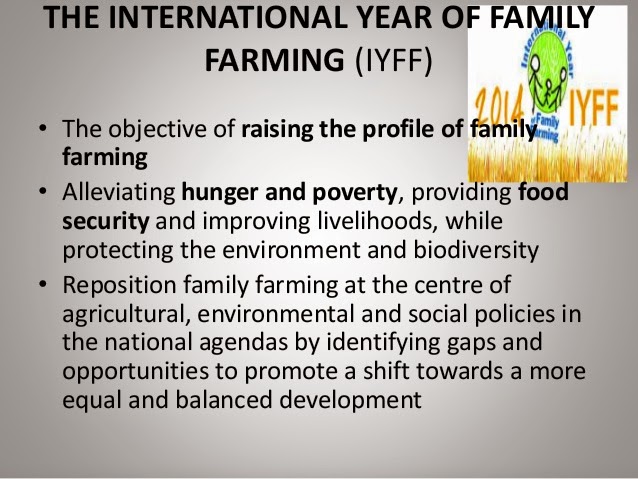OPPORTUNITIES AND CHALLENGES FOR SOCIAL WORK TRAINEES IN FIELD WORK

This study titled “ Opportunities and challenges for Social Work Trainees in Nepal ” is the bonafide research carried out by me (Amit Kumar Yadav) at School of Social Work, Roshni Nilaya, Mangalore, as a partial fulfillment of the requirement for the award of Master of Social Work. · A large majority of 92 per cent of the respondents are placed in Non governmental agencies for field work . · All of the respondents are involved in administrative work. A large majority of 82 per cent of the respondents are practicing social group work regularly in field work and a vast majority of 60 per cent respondents are also practicing social case work regularly during field work. · A relative majority of 48 per cent of the respondents never practiced social action method during field work. · All the respondents said that their field supervisors have Social work background. · A majority of 56 per cent of the respondents rated excellent/good for the individual confer

